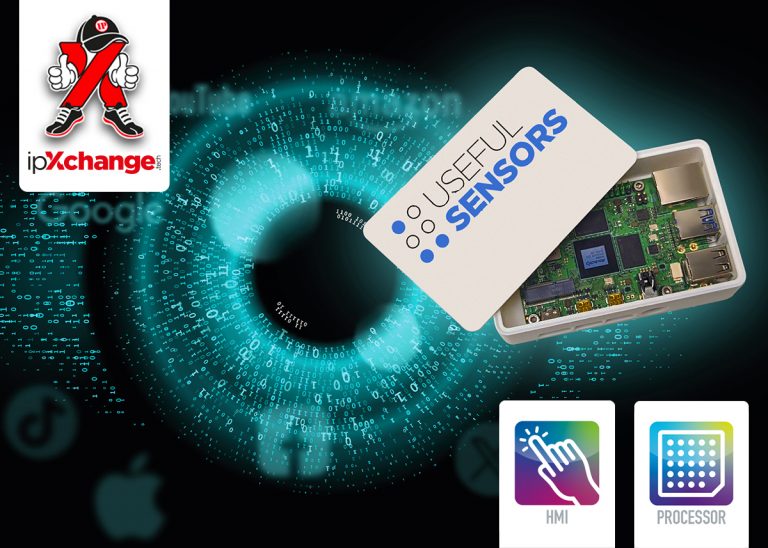Ever wanted to have a natural-sounding conversation with a small box that’s not even connected to the internet? Now you can, with Useful Sensors’ AI-In-A-Box module, which provides unparalleled levels of privacy thanks to a Large-Language-Model-based (LLM-based) AI that has been expertly compressed to run offline on a low-cost Cortex-A-class microprocessor.
ipXchange is all about disruptive technology, but this might take the cake. It’s no secret that anyone who carries a smartphone has had this paranoid thought: “Is my phone listening to me and targeting me with ads?” That paranoia can only multiply when it comes to smart-home voice assistants that are constantly listening for wake words and rely on an internet connection to the cloud services that house the AI driving all interactions. Useful Sensors’ solution makes these concerns a thing of the past.
Thanks to ipXchange’s direct connection with sister company TKO, Eamon had the opportunity to chat directly with Pete Warden, founder and CEO of Useful Sensors – and a former leader of AI programs at Google – ahead of the release of this truly disruptive device, which can be easily integrated into products to provide ChatGPT-esque conversational functionality without the fear of being spied on by ‘Big Tech’. When Eamon asked how near-datacentre-level AI can be crammed into such a compact device, Pete simply replied: “We’ve become experts at fitting a gallon into a pint glass.”
With the ability to create closed captions and planned multiple-language support for instant translation capabilities, Useful Sensors’ AI-In-A-Box module has the potential to change the way designers think about implementing AI in their products, for markets including smart home devices, medical assistants, security, robotics, and more.
Learn more about this technology by following the link to the board page below, where you can also apply to evaluate AI-In-A-Box for use in a commercial application.
Keep designing!

